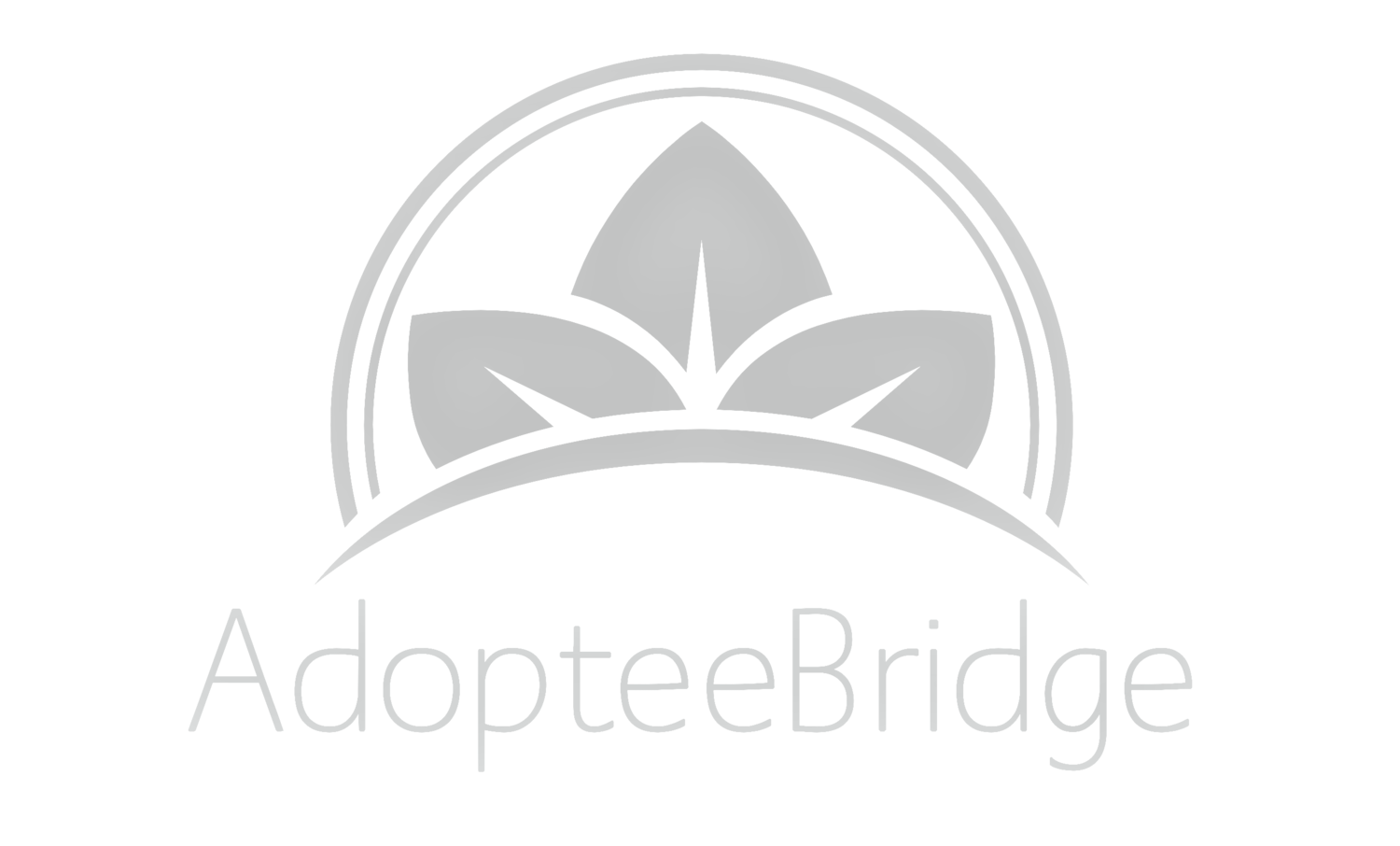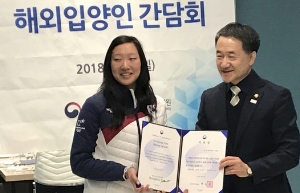After “hooing” and “hawing” about this for three days, I finally allowed myself to free-write about my feelings surrounding the Olympics being held in Korea. I lost sleep. I felt like I would be misunderstood. I worried that people I love would be mad at me… but that’s all been worked through (sort of). And now, here I am, typing away. Where will this end up? It doesn’t even matter. It’s here. Thanks for reading…
My heart. It flip-flops. There is a Korean American adoptee (KAD) competing in this Winter Olympics. In Korea. And… aahhh! Why is this so emotional?
Why do I want to cheer for the Koreans? And for the Americans? Why is my country of origin hosting the world when it gave me away?
Oh how I want to be there. To cheer and sing and drink with joy as the Koreans and Americans and the world win and participate and compete. But I would be singing a language that is not Korean. And I would be cheering in a loud American way – because it is now, all that I know. Even if you sat me amongst a crowd of Koreans, I would still not quite fit in. And all of these emotions are raised as I read about fellow KADs attending the games, purchasing team Korea jackets and swag… we want to be Korean. It is painful though, because we are – and we are not.
The Olympics are about human strength, abilities, dedication, and focus. Adopted people have had to call on all of these qualities, some of us as tiny pre-verbal humans, in order to survive. Perhaps this is why I get choked up and can find no words to describe the barrage of feelings I feel surrounding the PyeongChang Winter Olympics.
Adopted people are unrecognized superheroes who fight a battle as big as the Olympics every day of our lives. We have compassion for the athletes, but we still do not know how to channel all of these feelings for ourselves. So we cheer. We cheers. We cry with joy and in defeat. We ride the Olympic waves as if we were the competitors themselves. -We could be them, we know it. If circumstances were different we might have been the ones adopted by ski instructors and on the slopes at age three.
Another confusing loss. I love my life, but what if I am supposed to be doing something else that brought out my full potential? What am I doing now?!
Why is the KAD Olympian like a blazing torch in my stomach? She represents the good, the potential, and displays to the world what a positive and supportive environment can yield. Is it shameful that her resilience is showcased? Do the Koreans feel anything akin to: “look what you let go of – look what I can do?” A “Hey mom, look at me NOW” situation? Would this athlete be in the Olympics had she had remained in Korea as an orphan? I would guess: NO. So comes the flood of crazy emotions.
I would like to look at both the glory and the pain. Let’s not let the media take the story and bring on tears of only joy – let’s be real here and look at the loss; the incredible loss, at the beginning of life, of family, culture and security. Take some moments and investigate how it might feel to be asked back to your native country after being sent away from it. Let us ponder how Korea can host a lavish Olympics twice, yet it is still sending the majority of its orphans away to other countries. Let us wonder at how and why these athletes channeled loss to be the best.
Non-verbal emotions channeled into physical activity is a form of speaking, a kind of movement therapy. Here, a huge lesson can be learned. Get our kids into other forms of expression so the emotions have a place to come out. I may be digressing here, but it is still an important lesson to be acknowledged.
I am a Korean American. Born Korean. Raised American. Blood Korean. Living in America. I speak English. And Italian (sort of!) Koreans still view adoption as taboo, and so I do not know how they feel about KADs joining in their country’s cheer. They might hate it. They might feel sorry for us. They might scooch over and teach us a cheer in Korean. All of this makes me see how wonderful and unifying the Olympics are, and also how much we still have to see and accomplish as humans. All of this makes me feel. A lot.







